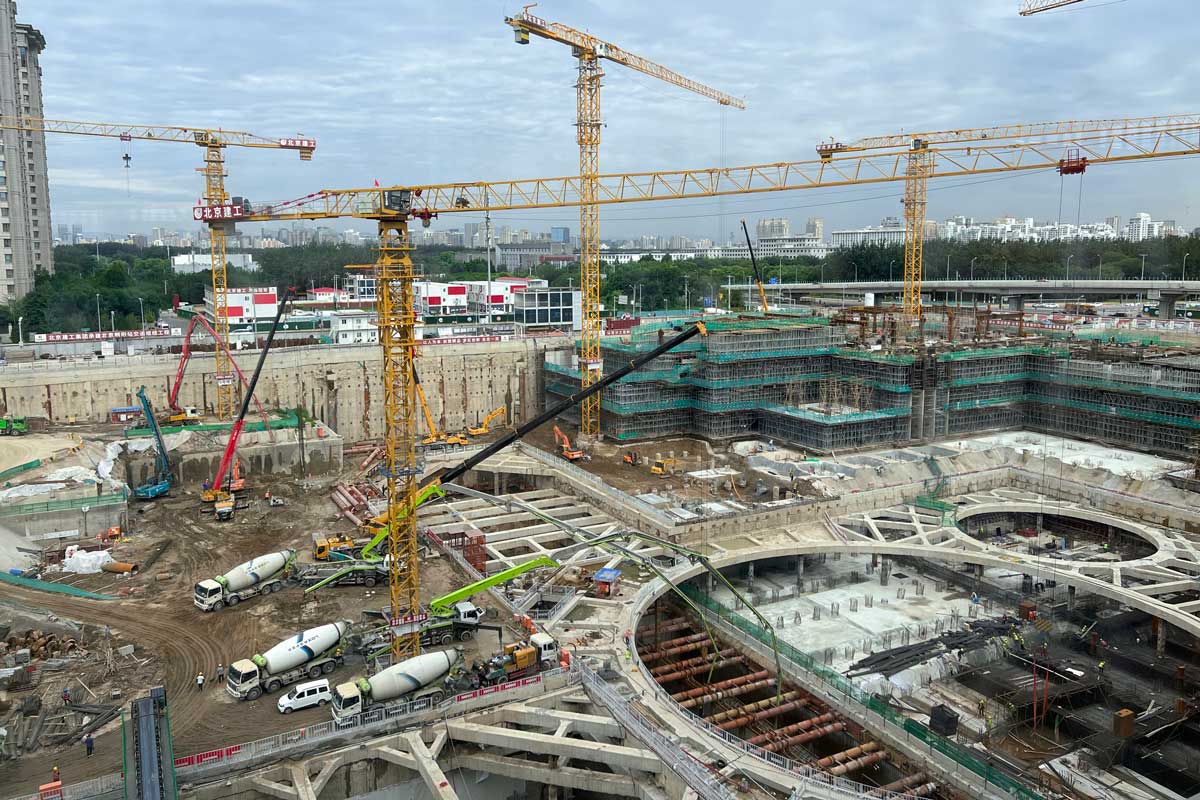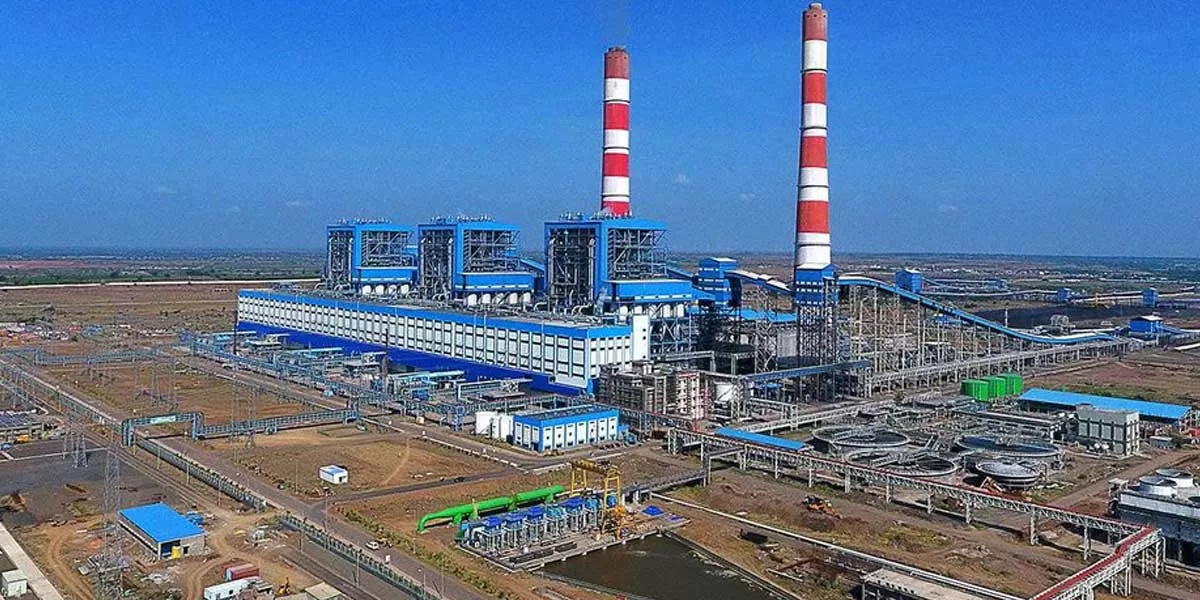
Finance ministry urges identifying projects for private partnerships

Digital Economy, Renewable Energy to Boost Job Creation: Economic Survey
The Economic Survey 2024-25, presented by Union Finance Minister Nirmala Sitharaman, indicates substantial improvement in India’s labour market, driven by strong post-pandemic recovery and formalisation of the workforce. Key findings include a significant drop in the unemployment rate from 6 per cent in 2017-18 to 3.2 per cent in 2023-24. Additionally, there has been notable growth in female labour force participation, which increased from 23.3 per cent in 2017-18 to 41.7 per cent in 2023-24.Other highlights include:Over 30.51 crore unorganised workers registered on the eShram portal, suppor..

Aditya Birla Housing Finance Secures Rs 8.3 Billion from IFC
Aditya Birla Housing Finance Ltd. (ABHFL), a subsidiary of Aditya Birla Capital, has raised Rs 8.3 billion through non-convertible debentures (NCDs) from the International Finance Corporation (IFC). The company stated that the funds will be used to provide housing loans to low- and middle-income groups (LIG and MIG), with a special focus on promoting homeownership among women. Additionally, a portion of the investment will support MSMEs, particularly women-led enterprises, to drive economic growth. The initiative aims to strengthen financial inclusion and uplift underserved communities in the ..

Bihar to Bid Out 2,400 MW Power Plant by March
The Bihar government plans to auction the proposed 2,400 MW coal-based power plant at Pirpainti by March 2025. Part of the state's FY25 budget initiatives, the project is valued at Rs 214 billion, covering multiple power sector developments. Coal for the plant is expected to come from Eastern Coalfields, with fuel and location already determined to streamline the bidding process. Discussions are underway to finalise coal supply under the SHAKTI scheme, with a resolution expected by February. The Central government has also pledged support for fast-tracking environmental clearances to facilit..















